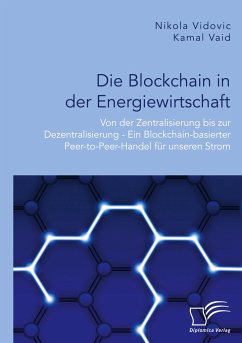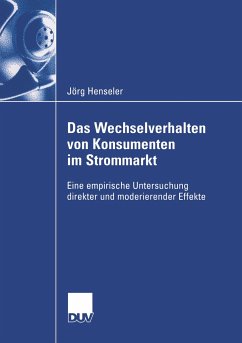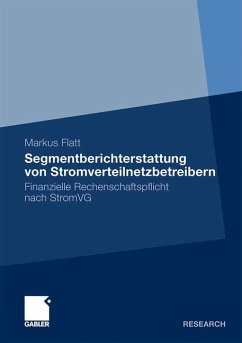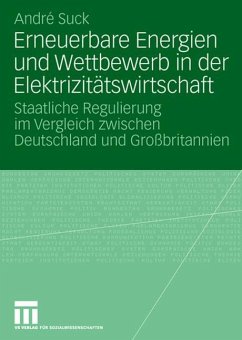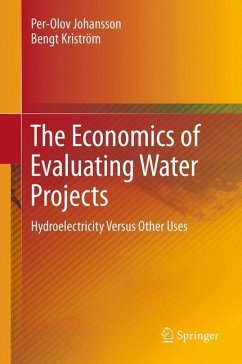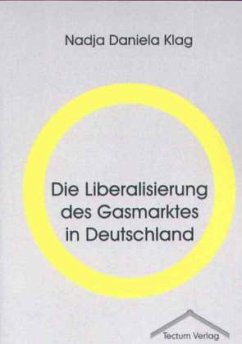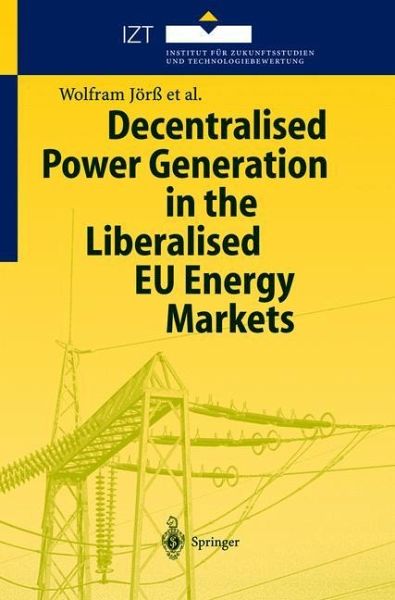
Decentralised Power Generation in the Liberalised EU Energy Markets
Results from the DECENT Research Project
Ed. by W. Wolfram Jörß, Birte Holst Joergensen and Peter Löffler
Versandkostenfrei!
Versandfertig in 1-2 Wochen
77,99 €
inkl. MwSt.
Weitere Ausgaben:

PAYBACK Punkte
39 °P sammeln!
In the coming 20 years, decentralised generation (DG) is expected to play an in creasingly important role in the European electricity infrastructure and market. DG can be defined as small-scale generation connected to the distribution network or on the customer side of the meter. The application of DG is often highly loca tion specific and depends on such diverse issues as the possibilities of technical implementation, resource availability, environmental aspects, social embedding of the project, regulation and market conditions. These factors vary considerably among technologies and among the...
In the coming 20 years, decentralised generation (DG) is expected to play an in creasingly important role in the European electricity infrastructure and market. DG can be defined as small-scale generation connected to the distribution network or on the customer side of the meter. The application of DG is often highly loca tion specific and depends on such diverse issues as the possibilities of technical implementation, resource availability, environmental aspects, social embedding of the project, regulation and market conditions. These factors vary considerably among technologies and among the ED Member States. The DECENT study (Decentralised Generation Technologies -Potentials, Suc cess Factors and Impacts in the Liberalised ED Energy Markets (Joerss et al. 2002" was designed and carried out to identify the main barriers and success fac tors to the implementation of DG projects within the ED and to formulate a num ber of related recommendations to ED and Member State policy makers to en hance the feasibility of DG projects within the internal energy market.





